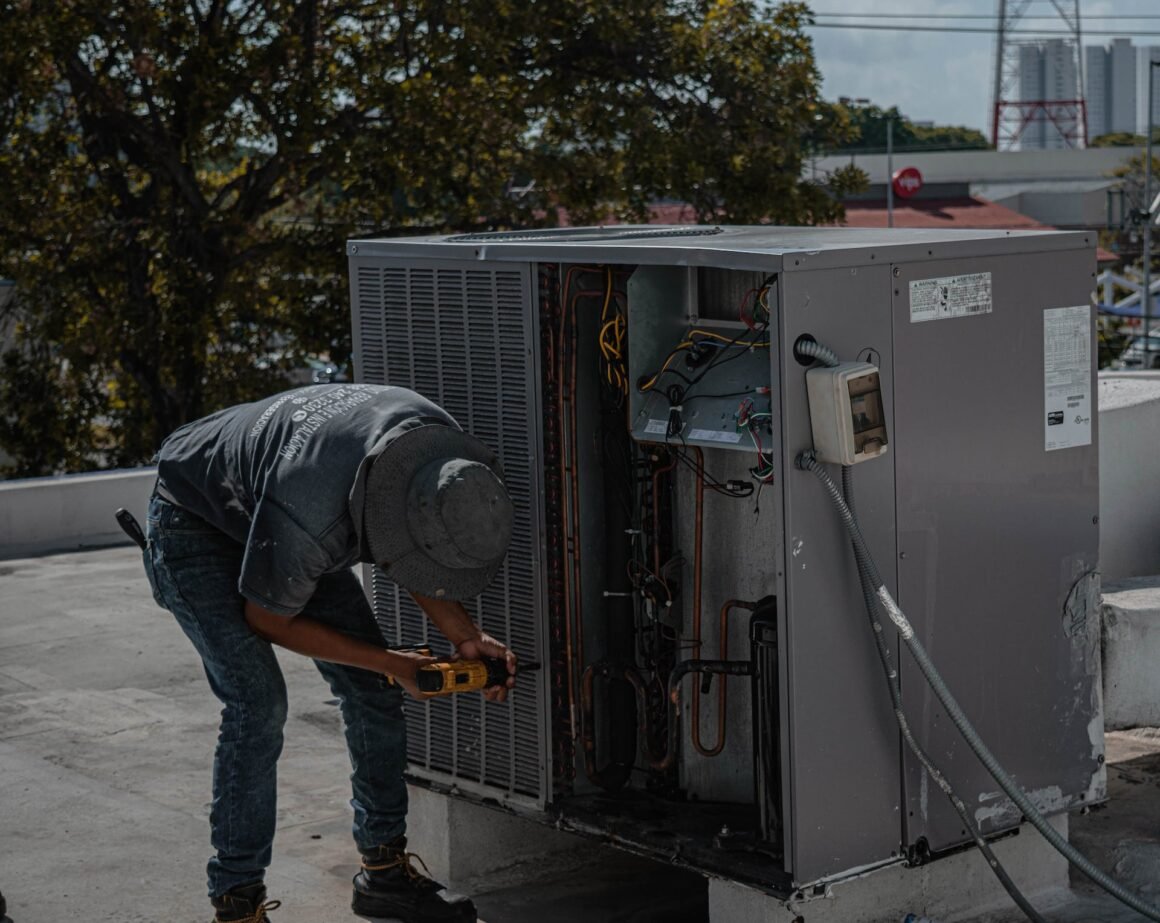Table of Contents Show
Governments provide numerous incentives that make green HVAC solutions more affordable, such as financial benefits like rebates or tax credits and regulatory measures designed to promote sustainable practices.
Making sure your HVAC system satisfies energy efficiency requirements is the first step towards optimizing the advantages of government subsidies. Also, collaborate with authorized contractors in order to facilitate the incentive application process more easily.
Looking for details on government incentives related to eco-friendly HVAC units? Check out the River Valley’s article on the Inflation Reduction Act guidelines for more insights!
1. Energy Star certification
Energy Star is a government-approved program that provides incentives to buy eco-friendly HVAC systems. Manufacturers are required to meet specific energy efficiency standards. In doing this, the EPA and Department of Energy are working towards lowering the initial and long-term costs for households across America, reducing energy usage and greenhouse gas emissions nationwide.
Rebates allow homeowners and businesses to recoup the investment costs more rapidly when installing energy-efficient HVAC upgrades, helping recoup investment faster than otherwise would be the case. Furthermore, energy-efficient systems often require less maintenance over time, reducing operational expenses further.
Energy Star-certified HVAC systems save 15% more energy than non-certified models, typically decreasing household energy bills by 5% to 6% and wear on equipment by an equal percentage.
Upgrading to an Energy Star-certified HVAC system can bring additional financial benefits as well as immediate resale value increases for both homes and businesses. Certification allows homeowners and businesses to maximize their energy-saving investments, offering maximum tax credit benefits from energy efficiency investments.
Working with a licensed professional to take full advantage of any applicable energy efficiency incentives this year is the key to reaping those rewards.
2. Tax credits
To fight the impacts of climate change many governments are offering incentives, grants, rebates, and low-financing options to individuals and businesses adopting environmentally friendly HVAC systems. These initiatives help businesses reduce energy costs, facilitate sustainability goals, and meet regulatory compliance.
Designed to consume less electricity and fossil fuels, energy-efficient HVAC systems bring numerous benefits, such as decreased upkeep expenses, better indoor air quality, prolonged lifespan, minimized carbon footprint, enhanced financial flexibility, and reduced environmental emissions.
Federal tax credits incentivize homeowners to invest in energy-efficient equipment, including Energy Star-certified systems and geothermal and air source heat pumps. Moreover, the DSIRE (Database of State Incentives for Renewables & Efficiency®) can help identify applicable rebates in your region.
Although energy-efficient systems may be more costly upfront, federal tax credits offer valuable money back at tax time!
There are various ways that energy tax credits may apply, including Energy Star certification, state and local rebates, utility company programs, and meeting or exceeding building standards and codes.
To maximize savings potential and qualify for these tax incentives, always work with an authorized contractor who understands all related requirements and restrictions for maximum savings potential.
3. Utility company rebates
Utility company rebates offer another important avenue of savings offered by the U.S. government when adopting eco-friendly HVAC units.
Utility companies – both public and private – may provide financial incentives to customers who install energy-efficient HVAC systems, usually in the form of rebates that vary according to region, utility company, and specific model installed. The amount can vary considerably based on where a system is being installed.
Rebates aim to encourage customers to replace outdated and ineffective heating and cooling units with eco-friendly models that reduce overall energy consumption. Customers considering upgrading should reach out to their utility provider or visit their website for details regarding any available rebates.
4. Authorized contractors
Energy-efficient HVAC systems assist companies by lowering energy expenses and improving the environment. Moreover, these systems bring term advantages: improved indoor air quality, increased building value, and compliance with regulatory standards.
Harnessing government support for energy systems not only future-proofs business operations against changing regulations but also helps maintain competitiveness in the marketplace.
Collaborating with an approved contractor is key when it comes to taking advantage of these incentives. They have an understanding of the paperwork required for each program. It can help make your application and installation as straightforward as possible. This eliminates delays. Prevents disqualification due to submission errors.
Conclusion
Transitioning to an HVAC system with energy efficiency ratings makes improving your home’s eco-friendliness effortless and environmentally conscious. Nevertheless, it’s important to note that starting from 2023, the new lower energy efficiency standards will be enforced.
Delaying upgrades could result in penalties. Additional steps, like replacing windows and doors, can also contribute to reducing energy consumption.










